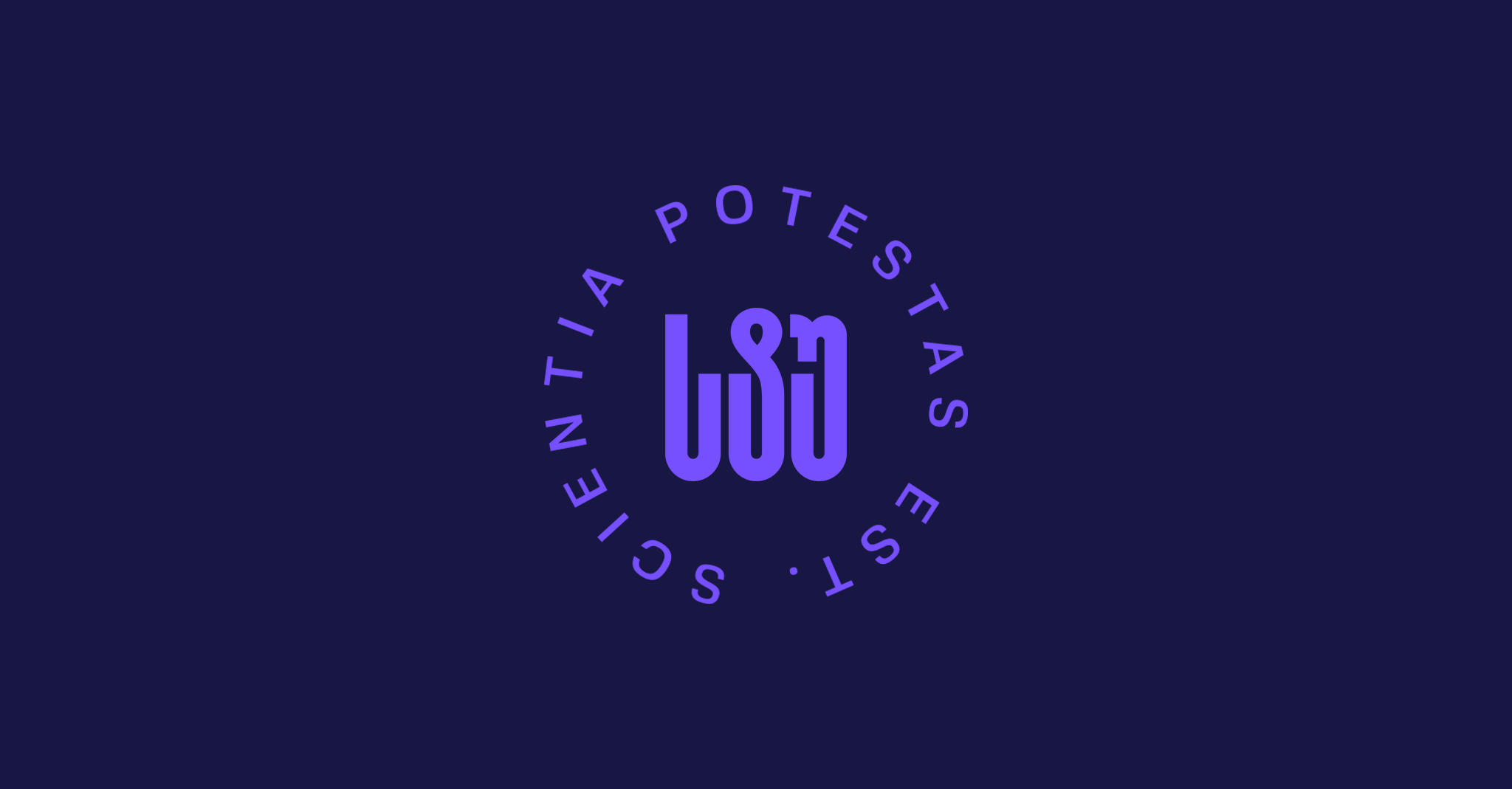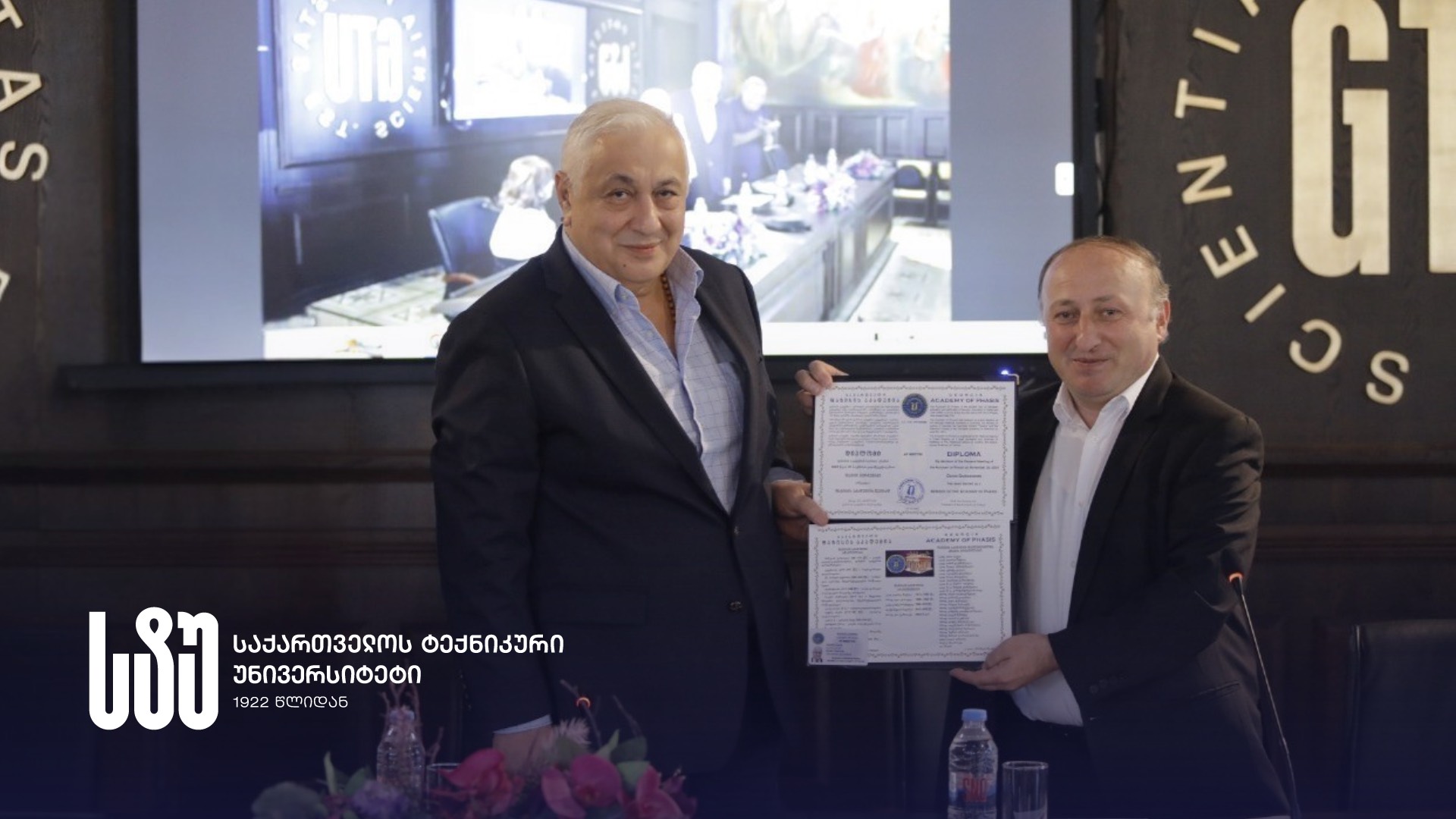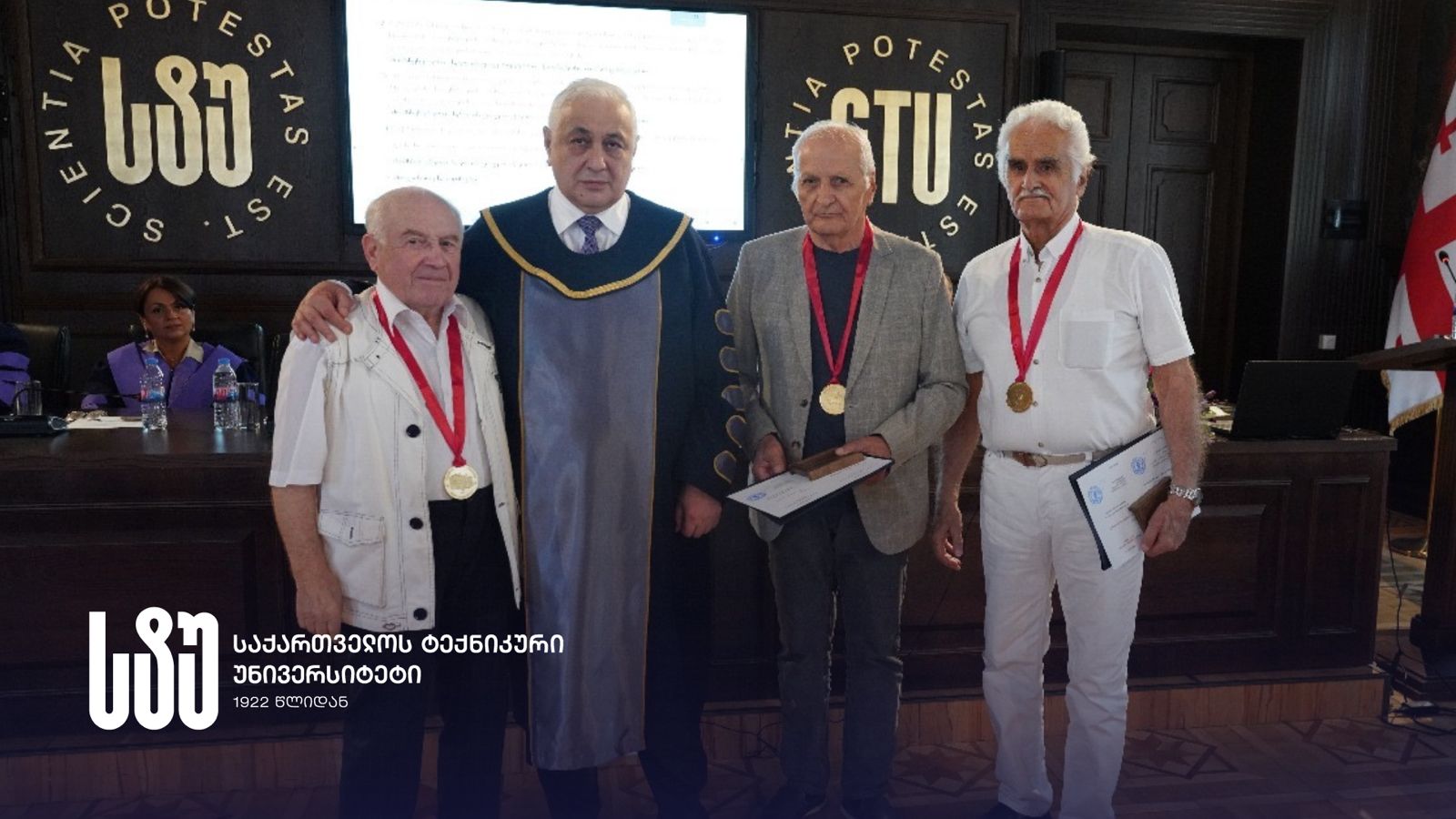GTU held an educational and cognitive event – “The Silk Road of Knowledge” in Kvareli
28-05-2024
The Georgian Technical University within the project of the GTU State Institute of Public Administration Problems and with the involvement of the National Bank of Georgia, held an educational-cognitive event – “The Silk Road of Knowledge” in the Money Museum of the National Bank of Georgia in Kvareli.
The following participated in the educational-cognitive event: Dean of the Faculty of Business Technologies of GTU, Professor Rusudan Kutateladze; Director of the Institute of Public Administration Problems, Professor Mariam Tsatsanashvili; Genadi Iashvili - Head of Electronic Business and Public Administration Department; Economist, scientist Anzor Abralava. Professors: Avtandil Adeishvili, and Besik Sherazadishvili. Also in the event participated the director of the Money Museum of the Bank of Georgia, Doctor of History Roland Spanderashvili; the museum’s specialist, Doctor of Philology Dali Abashidze; PhD students of public administration, chemical technologies, and computer technologies and listeners of the GTU training group – “Artificial Intelligence and Human Rights”; also the Professor of the University of Saarbrucken, member of the Board of Referees of the Institute of Public Administration Studies, Willie Hauser took part in the event.
According to the dean of the Faculty of Business Technologies of GTU, the mission of the project – “Silk Road of Knowledge” is to strengthen intellectual, cultural, and educational opportunities inspired by the historical heritage of the Silk Road, and the purpose of the event is to discuss the prospects of the development of the Silk Road and the historical significance of Georgian banking traditions in cross-border relations and the knowledge sharing.
“Knowledge Silk Road” is a metaphorical project about the exchange of scientific discoveries, technological achievements, philosophical ideas, and cultural practices, as well as interdisciplinary cooperation through scientific networks and digital platforms. The knowledge exchange between scientists, researchers, entrepreneurs, and politicians goes beyond political barriers and creates opportunities for making innovative decisions in the face of complex challenges.
Project – “Silk Road of Knowledge”, is a symbol of the network of transcontinental routes connecting the East and the West, originating in the II century BC. In the modern era, this symbol remains an enduring legacy of languages, religions, philosophies, arts, traditions, exchange of ideas, peace, cooperation, and mutual respect among peoples. Georgia the gateway to the crossroads of civilizations historically played an important role on the Silk Road, especially when the main East-West routes were often blocked due to political conflicts or economic instability. Advances in technology and communication in the digital age have accelerated the frequency of knowledge exchange, which can greatly influence the development of research in banking and technology and the practice of public administration. Under these circumstances, the project contributes to a deep appreciation of the role of Georgia as a crossroads of civilizations and the formation of a platform for cultural diplomacy and intercultural dialogue,” said Rusudan Kutateladze.
According to Professor Mariam Tsatsanashvili, director of the Institute of Public Administration Problems of GTU, the program of the event included a panel discussion about the birth point of Georgian money and the exchange value of the Kolkhuri Tetri, and an interactive discourse about the introduction of artificial intelligence technologies in the digitization of historical and documentary material and the preservation of heritage.
“Participants of the event planned one-year projects of the Silk Road of Knowledge, including educational outreach campaigns about the historical significance of the Silk Road and its impact; digital connectivity initiatives to improve access to educational resources, scientific research, and cultural heritage materials; cultural diplomacy events celebrating the expansion of the Silk Road; Experimental studies of managing the process of cultural heritage protection with artificial intelligence; Youth forums, workshops, and exchange programs to enable young people to become ambassadors for peace, diversity and intercultural understanding along the Silk Road; Creation of a network for fundamental and applied research grants on topics related to the Silk Road of Knowledge”, noted Mariam Tsatsanashvili.
The following participated in the educational-cognitive event: Dean of the Faculty of Business Technologies of GTU, Professor Rusudan Kutateladze; Director of the Institute of Public Administration Problems, Professor Mariam Tsatsanashvili; Genadi Iashvili - Head of Electronic Business and Public Administration Department; Economist, scientist Anzor Abralava. Professors: Avtandil Adeishvili, and Besik Sherazadishvili. Also in the event participated the director of the Money Museum of the Bank of Georgia, Doctor of History Roland Spanderashvili; the museum’s specialist, Doctor of Philology Dali Abashidze; PhD students of public administration, chemical technologies, and computer technologies and listeners of the GTU training group – “Artificial Intelligence and Human Rights”; also the Professor of the University of Saarbrucken, member of the Board of Referees of the Institute of Public Administration Studies, Willie Hauser took part in the event.
According to the dean of the Faculty of Business Technologies of GTU, the mission of the project – “Silk Road of Knowledge” is to strengthen intellectual, cultural, and educational opportunities inspired by the historical heritage of the Silk Road, and the purpose of the event is to discuss the prospects of the development of the Silk Road and the historical significance of Georgian banking traditions in cross-border relations and the knowledge sharing.
“Knowledge Silk Road” is a metaphorical project about the exchange of scientific discoveries, technological achievements, philosophical ideas, and cultural practices, as well as interdisciplinary cooperation through scientific networks and digital platforms. The knowledge exchange between scientists, researchers, entrepreneurs, and politicians goes beyond political barriers and creates opportunities for making innovative decisions in the face of complex challenges.
Project – “Silk Road of Knowledge”, is a symbol of the network of transcontinental routes connecting the East and the West, originating in the II century BC. In the modern era, this symbol remains an enduring legacy of languages, religions, philosophies, arts, traditions, exchange of ideas, peace, cooperation, and mutual respect among peoples. Georgia the gateway to the crossroads of civilizations historically played an important role on the Silk Road, especially when the main East-West routes were often blocked due to political conflicts or economic instability. Advances in technology and communication in the digital age have accelerated the frequency of knowledge exchange, which can greatly influence the development of research in banking and technology and the practice of public administration. Under these circumstances, the project contributes to a deep appreciation of the role of Georgia as a crossroads of civilizations and the formation of a platform for cultural diplomacy and intercultural dialogue,” said Rusudan Kutateladze.
According to Professor Mariam Tsatsanashvili, director of the Institute of Public Administration Problems of GTU, the program of the event included a panel discussion about the birth point of Georgian money and the exchange value of the Kolkhuri Tetri, and an interactive discourse about the introduction of artificial intelligence technologies in the digitization of historical and documentary material and the preservation of heritage.
“Participants of the event planned one-year projects of the Silk Road of Knowledge, including educational outreach campaigns about the historical significance of the Silk Road and its impact; digital connectivity initiatives to improve access to educational resources, scientific research, and cultural heritage materials; cultural diplomacy events celebrating the expansion of the Silk Road; Experimental studies of managing the process of cultural heritage protection with artificial intelligence; Youth forums, workshops, and exchange programs to enable young people to become ambassadors for peace, diversity and intercultural understanding along the Silk Road; Creation of a network for fundamental and applied research grants on topics related to the Silk Road of Knowledge”, noted Mariam Tsatsanashvili.


